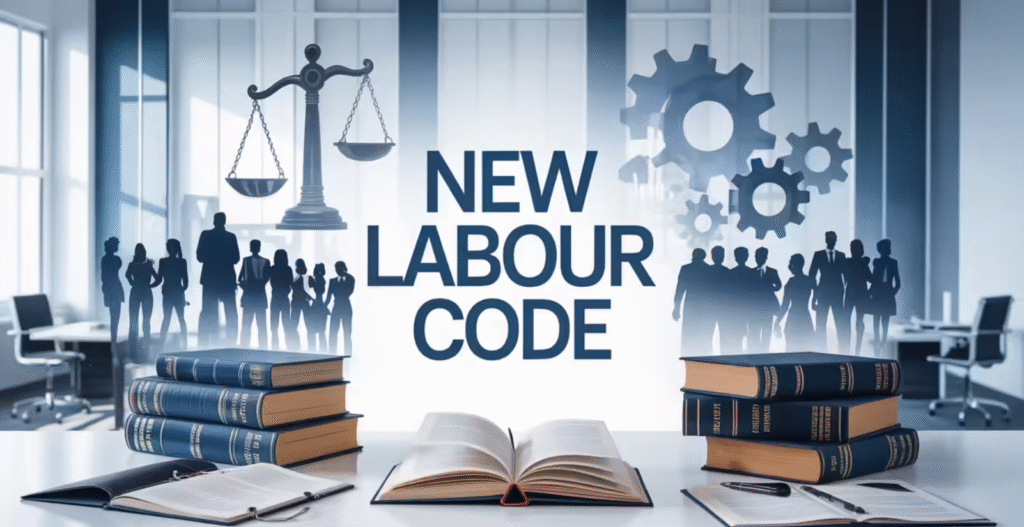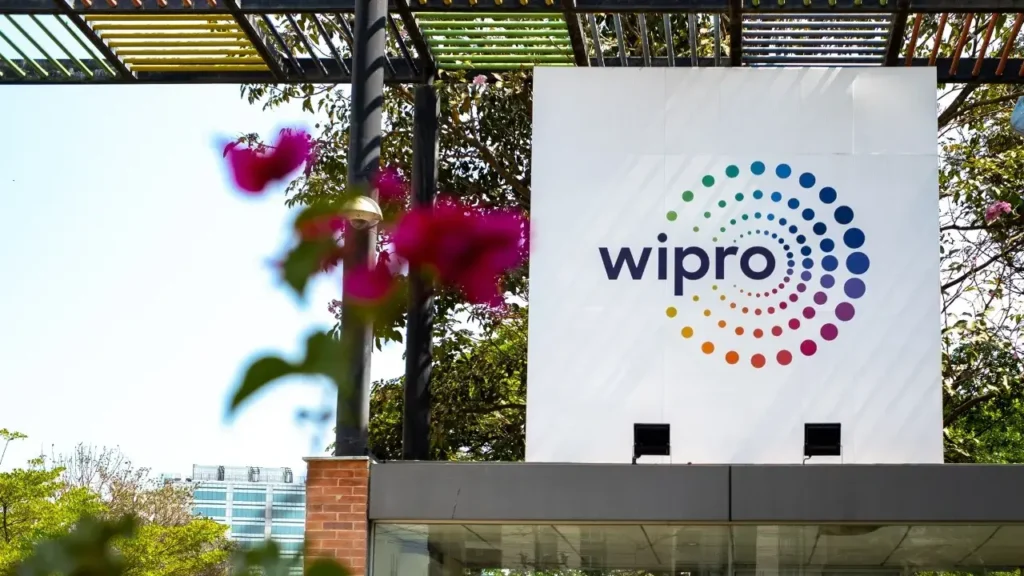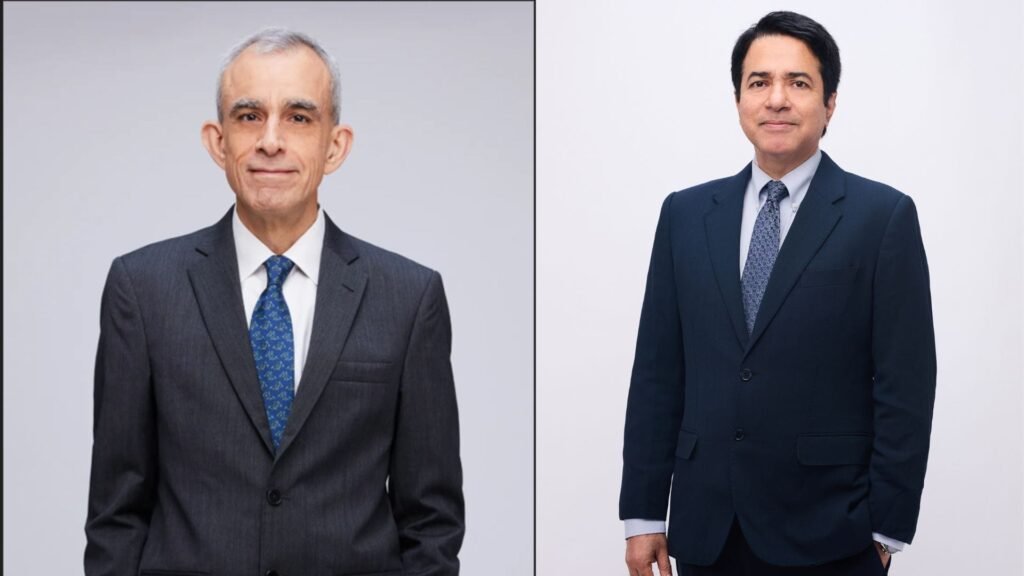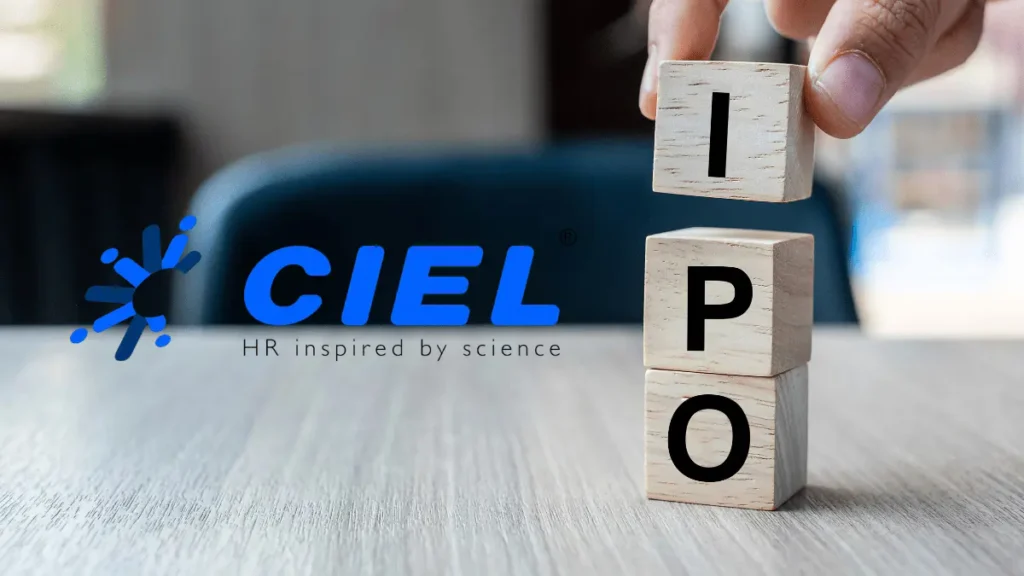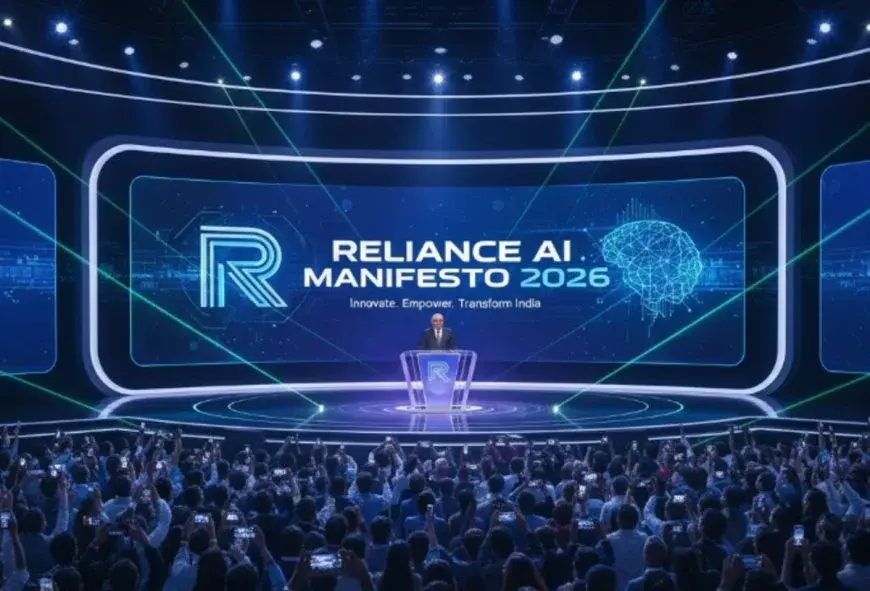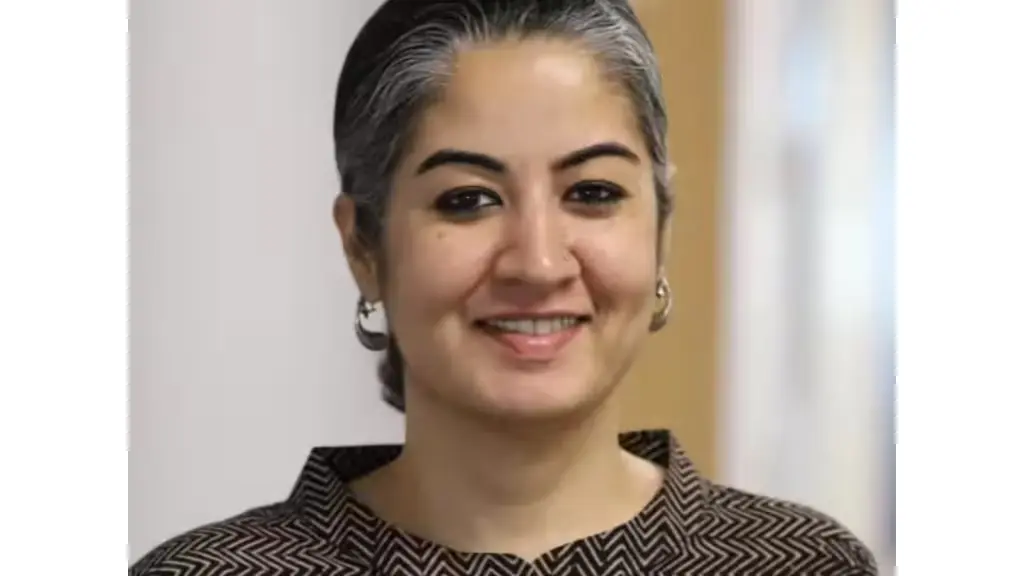Bank unions begin nationwide strike today, push for long-pending 5-day work week
Banking operations across public sector banks are set to face major disruption today, January 27, as bank employee unions commence a nationwide strike demanding the implementation of a five-day work week. The strike, called by the United Forum of Bank Unions (UFBU), comes after conciliation talks with the government failed to yield any breakthrough. With January 25 and 26 already declared holidays, customers are likely to experience a three-day disruption in services at public sector banks. Several banks had pre-emptively alerted customers about possible interruptions if the strike went ahead. UFBU, an umbrella body representing nine unions of bank officers and employees, said discussions were held over two days under the Chief Labour Commissioner, with participation from the Indian Banks’ Association (IBA), public sector banks, and officials from the Department of Financial Services (DFS) under the Ministry of Finance. However, the unions said the talks ended without a positive outcome, prompting them to proceed with the strike as planned. At present, bank employees get Sundays off along with the second and fourth Saturdays of every month. The demand for a five-day work week gained momentum after an understanding was reached between the IBA and UFBU during the wage revision settlement in March 2024, which included making all Saturdays holidays. Expressing disappointment over the government’s stance, UFBU reiterated that the proposed system would not lead to any loss of productivity, as employees have already agreed to extend daily working hours by 40 minutes from Monday to Friday. The unions also pointed out that institutions such as the Reserve Bank of India (RBI), Life Insurance Corporation (LIC), General Insurance Corporation (GIC), stock exchanges, and most government offices already follow a five-day work schedule, arguing there is no rationale for banks to be excluded. The strike is expected to largely impact public sector banks and some old-generation private lenders. Operations at major private sector banks such as HDFC Bank, ICICI Bank, and Kotak Mahindra Bank are unlikely to be affected. Source: PTI
Bank unions begin nationwide strike today, push for long-pending 5-day work week Read More »



